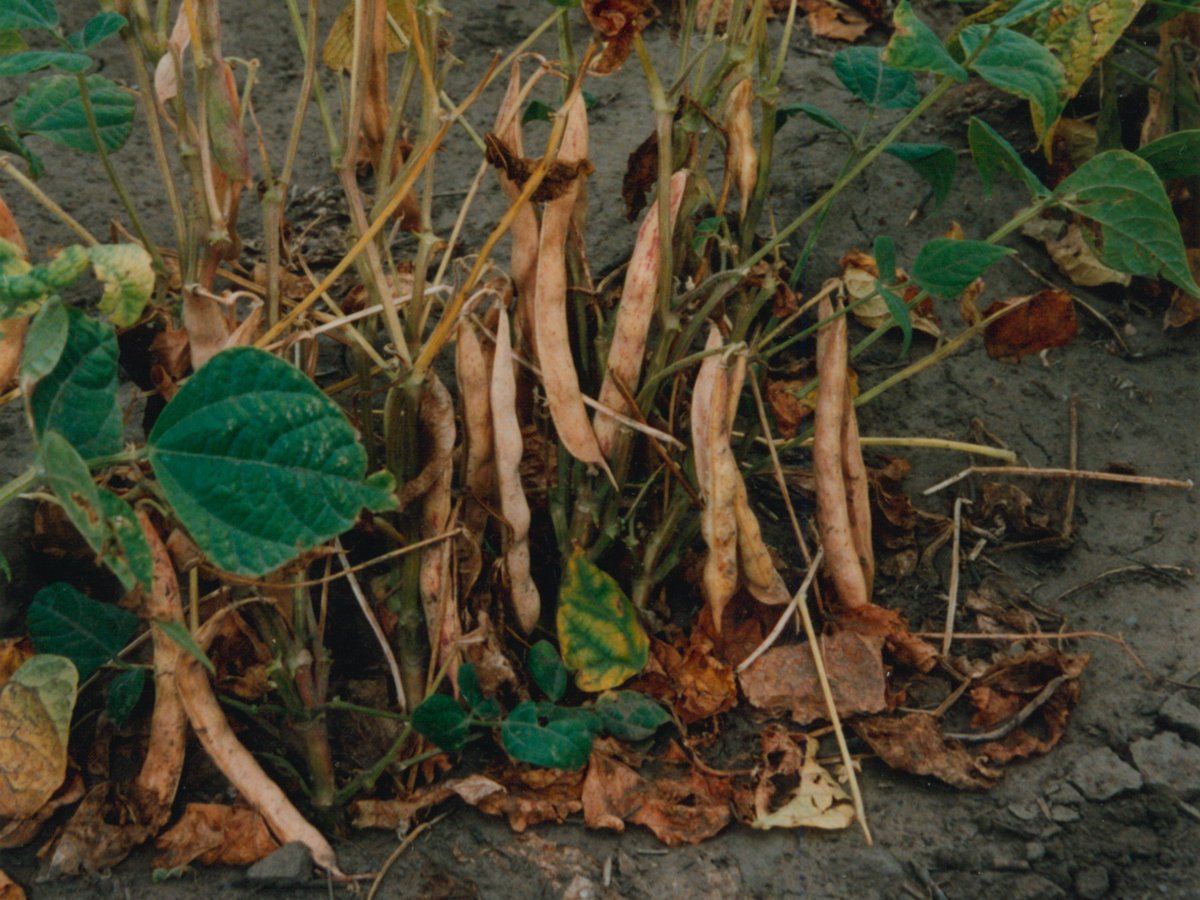Efforts to take some of the financial bite out of frosty prairie temperatures have received a financial boost from the federal government.
Over the next three years Ottawa is providing half the money for a $6 million genomics research project at the University of Saskatchewan looking into cold hardiness in cereal grains.
“What we hope to do is identify the critical genes involved in cold hardiness,” said Brian Fowler, a plant scientist at the Saskatoon university who will head up the project.
Fowler has already made use of Genome Canada money to develop a wheat breeding line called Saskhardy #8, which boasts a two to three C degree improvement in frost tolerance over existing spring wheat lines.
Read Also

Dry bean seeded acreage in Manitoba hits 20-year high
Dry bean acreage across all types reached around 207,000 acres in 2025, representing a significant increase from last year’s 182,000 acres.
Increased frost tolerance could save millions of dollars a year by reducing yield and quality losses, extending the growing season and providing farmers with more management flexibility.
Fowler said the issue of frost tolerance has been difficult for researchers.
“Response to cold is pretty complex, or we’d have had these problems solved before now,” he said.
In announcing the funding, federal finance minister Ralph Goodale said the research will have a significant impact on prairie crop production.
“In light of recent weather conditions, the loss at the farmgate and cost to taxpayers is validation of how critical this research is to our community,” he said.
In addition to the $3 million from Genome Canada over the next three years, the project is looking to receive $1.8 million from the Saskatchewan government, with another $1.2 million coming through collaboration with international research agencies in Australia, the United States, Asia and Europe.
While funding was announced for three years, the project is designed to run for four years, with Genome Canada’s contribution totalling $4.1 million and the Saskatchewan government’s $2.4 million. However budgetary issues prevented the federal government from announcing the full four years of funding.
















